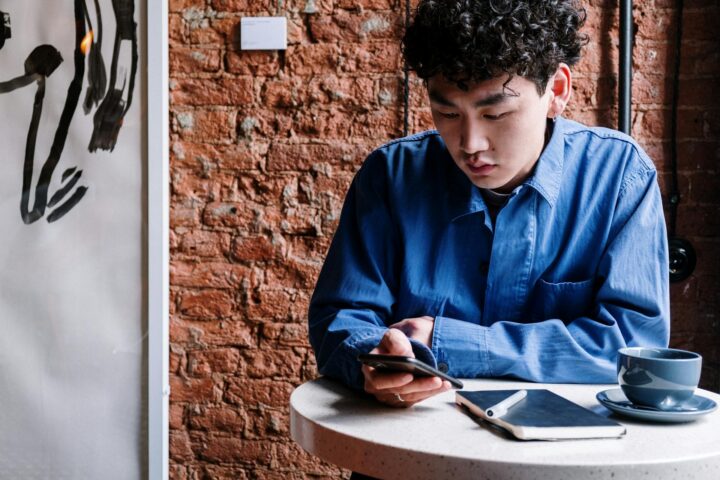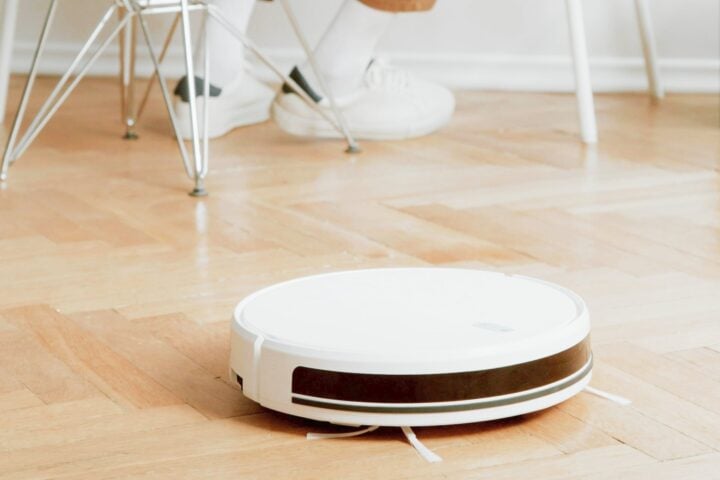Groundbreaking research from Japan’s Institute for Questionable Science has confirmed what caffeine addicts have suspected for years. Coffee delivers 25% more effectiveness when consumed during an existential crisis.
The Science Behind Anxiety-Enhanced Caffeine Absorption
The study, conducted by Japan’s Institute for Questionable Science, observed 500 coffee drinkers under controlled emotional states to measure caffeine’s effectiveness based on psychological distress levels.
Participants were divided into three groups:
- Casual Drinkers – Those enjoying coffee in a calm, relaxed state.
- Mildly Stressed Individuals – People experiencing work-related anxiety, deadlines, or general existential uncertainty.
- Existential Crisis Mode – Those actively spiraling into deep philosophical distress, contemplating life’s meaning, their own career choices, and whether or not reality itself is an illusion.
Key Findings:
Group 1 (Casual Drinkers) – Reported normal caffeine effects, such as mild alertness and focus.
Group 2 (Mildly Stressed) – Showed a 15% increase in caffeine absorption, particularly benefiting productivity.
Group 3 (Full Existential Crisis Mode) – Experienced a 25% spike in caffeine effectiveness, including faster reaction times, creative bursts, and enhanced critical thinking (particularly about the meaninglessness of time).
Dr. Mitsuko Tamaru, the study’s lead researcher, explained: “It appears that heightened levels of uncertainty trigger increased neurotransmitter activity, allowing caffeine to work more efficiently. Essentially, when people question their purpose in life, coffee steps in as their only stable coping mechanism.”
Further tests confirmed that caffeine absorption was highest when consumed alongside:
- Intense personal reflection (especially staring blankly at financial spreadsheets).
- Questioning major life decisions while sipping espresso.
- Reading existential philosophy in a dimly lit café before taking a sip.
Researchers warn that excessive exposure to existential dread while consuming coffee may lead to prolonged philosophical rants in café settings, overly ambitious career changes fueled by caffeine-induced epiphanies, or a newfound appreciation for absurdist literature.
Ethical Concerns & Overuse Warnings
While caffeine‑enhanced existentialism may boost productivity, critics worry about its long‑term consequences. They point to the tendency for drinkers to spiral into prolonged bouts of deep thinking that often result in unnecessary career changes. Others warn of a growing dependency on existential dread itself, with people requiring increasingly higher doses of uncertainty just to function. There is also concern about a rising wave of overly profound café conversations, discussions so philosophically dense that they threaten to disrupt the social fabric of public spaces.
In response, Haru Takeda, CEO of CaféBoost, issued a statement defending the trend: “Coffee has always been about fueling human potential. If existential crisis makes caffeine stronger, who are we to stand in the way? We fully support our customers questioning their life choices, so long as they order another cup while doing it.”
Major coffee chains are reportedly considering marketing changes, including new slogans like: “Question Everything. Then Drink Coffee.”
As scientists continue their research, one thing is clear: Coffee is strongest when life is uncertain, and humanity may never drink it the same way again.




